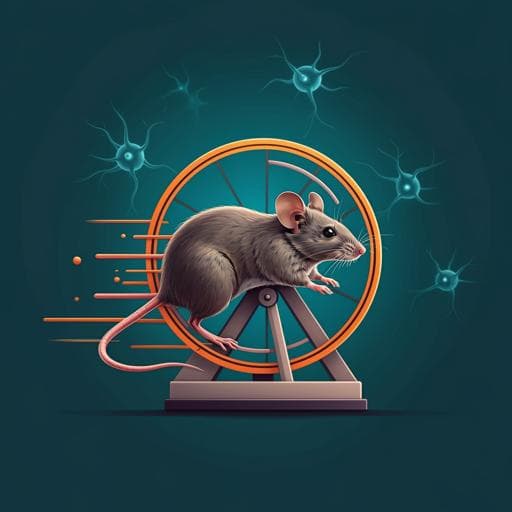
Medicine and Health
Appropriate exercise level attenuates gut dysbiosis and valeric acid increase to improve neuroplasticity and cognitive function after surgery in mice
Z. Lai, W. Shan, et al.
This cutting-edge research by Zhongmeng Lai and colleagues revealed that low-intensity exercise effectively combats postoperative cognitive dysfunction (POCD) in mice. By reducing gut microbiota alterations and neuroinflammation, exercise promotes cognitive recovery, showcasing its potential as a therapeutic strategy for enhancing brain health after surgery.
~3 min • Beginner • English
Related Publications
Explore these studies to deepen your understanding of the subject.







